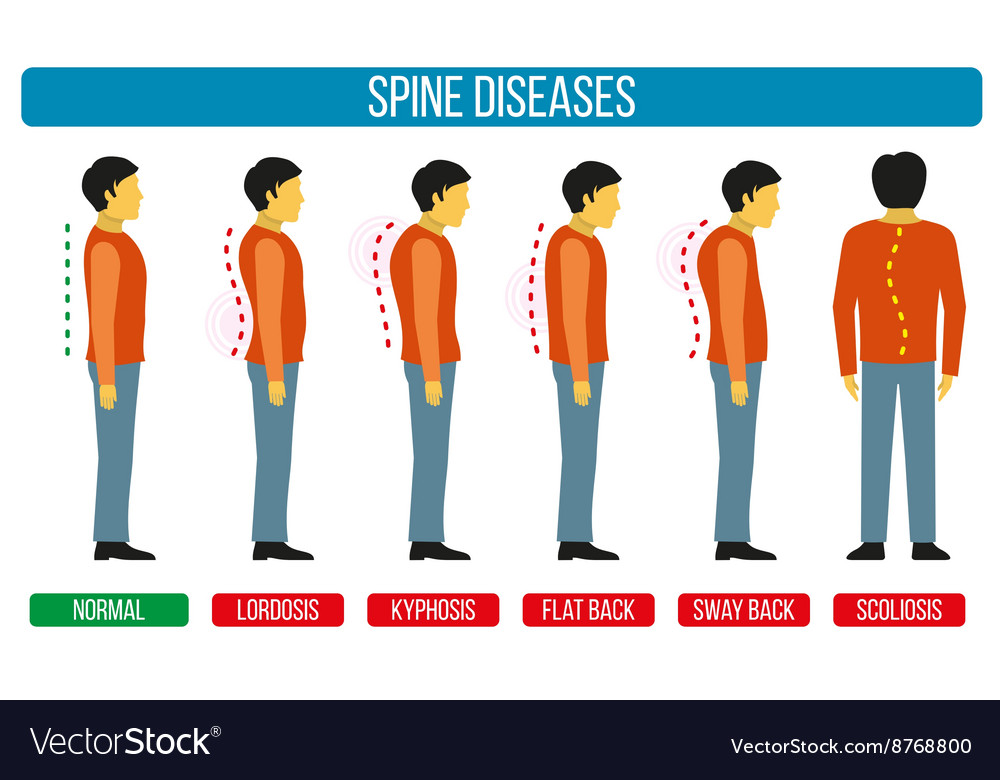The Influence Of Diet On Pain In The Back Management: Foods To Include And Foods To Leave Out
The Influence Of Diet On Pain In The Back Management: Foods To Include And Foods To Leave Out
Blog Article
Post By-Bond Wiese
When it involves managing your pain in the back, the food options you make can dramatically impact exactly how you really feel daily. Think of being able to ease your discomfort simply by adjusting what you eat. By comprehending the role of nutrition in neck and back pain management and knowing which foods to integrate or avoid, you can take aggressive steps in the direction of a much healthier and extra comfortable way of living. The link in between nourishment and back health is much more extensive than you might realize-- allow's explore how particular foods can either calm or worsen your back pain.
Importance of Nutrition in Back Pain
Nourishment plays a vital role in taking care of pain in the back. Your diet plan can substantially impact inflammation levels and general pain degrees in your back. Eating a well balanced diet plan rich in nutrients like vitamins D and K, calcium, magnesium, and omega-3 fatty acids can help reduce swelling and reinforce bones, which are important for back health and wellness.
In addition, keeping a healthy and balanced weight via appropriate nourishment can reduce stress and anxiety on your spinal column, reducing the threat of back pain.
Furthermore, certain nutrients like antioxidants located in fruits and vegetables can aid fight oxidative stress and advertise recovery in the body, consisting of the back muscle mass and spine.
On the other hand, eating extreme quantities of refined foods, sweet beverages, and unhealthy fats can contribute to inflammation and weight gain, worsening neck and back pain.
Foods to Consume for Back Health
To sustain a healthy and balanced back, integrating nutrient-rich foods into your everyday dishes is essential. Including foods high in antioxidants like berries, spinach, and kale can help in reducing inflammation in your back, easing discomfort and pain. linked internet page -3 fats located in fatty fish such as salmon and mackerel have anti-inflammatory buildings that can benefit your back health and wellness.
Additionally, consuming nuts and seeds like almonds, walnuts, and chia seeds supplies necessary nutrients like magnesium and vitamin E, which sustain muscle mass function and lower oxidative anxiety. Integrating lean healthy proteins such as hen, turkey, and tofu can help in muscle mass repair work and upkeep, promoting a strong back.
Don't fail to remember to include dairy or fortified plant-based alternatives for calcium to sustain bone health. Lastly, moisten with lots of water to maintain your spinal discs moistened and functioning efficiently. By including these nutrient-dense foods in your diet regimen, you can nurture your back and assistance total spine wellness.
Foods to Prevent for Back Pain
Go with preventing refined foods high in added sugars and trans fats when looking for relief from pain in the back. These types of foods can contribute to swelling in the body, which might intensify pain in the back. Say no to sweet snacks like candy, breads, and sugary beverages, along with convenience food things like hamburgers, fries, and fried chicken that are typically filled with trans fats.
Furthermore, avoid foods including high degrees of polished carbs, such as white bread, pasta, and pastries, as they can spike blood sugar degrees and potentially aggravate inflammation in the body.
It's also wise to restrict your intake of foods high in hydrogenated fats, like red meat and full-fat dairy items, as they can contribute to swelling. Refined foods like deli meats, chips, and packaged treats are often high in saturated fats and should be eaten in moderation.
Conclusion
To conclude, taking note of your diet plan and making wise food options can have a substantial effect on managing back pain. By integrating nutrient-rich foods like berries, fatty fish, nuts, and lean healthy proteins, and staying clear of processed and sweet things, you can help in reducing swelling and support in general back health. Keep in mind, what you eat plays a crucial duty in how you really feel, so ensure to prioritize your nourishment for a much healthier back.
